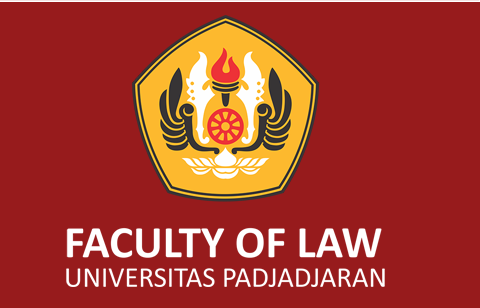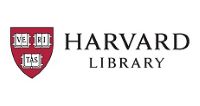Editorial: Post-Truth, Power, and Law
Abstract
For a number of years in the mid-nineteenth century Ludwig Feuerbach (1804–1872) played an important role in the history of post-Hegelian German philosophy, and in the transition from idealism to various forms of naturalism, materialism and positivism that is one of the most notable developments of this period. To the extent that he is remembered today by non-specialists in the history of nineteenth-century religious thought, it is mainly as the object of Marx’s criticism in his famous Theses on Feuerbach, originally penned in 1845 and first published posthumously by Friedrich Engels as an appendix to his book, Ludwig Feuerbach and the End of Classical German Philosophy (Engels 1888). Although never without his admirers, who have included several leading popularizers of scientific materialism in the second half the nineteenth century (cf. Gregory 1977), not to mention the theologian, Karl Barth, Feuerbach’s public influence declined rapidly after the failed revolution of 1848/49 (in approximately inverse proportion to the rising popularity of Schopenhauer). Renewed philosophical attention paid to him in the middle of the twentieth century is largely attributable to the publication, beginning in the late 1920s, of Marx’s early philosophical manuscripts, including The German Ideology, which revealed the extent of Feuerbach’s influence on Marx and Engels during the period culminating in the composition of that historic work (1845–46).
Recommended Citation
Latipulhayat, Atip
(2018)
"Editorial: Post-Truth, Power, and Law,"
Padjadjaran Jurnal Ilmu Hukum (Journal of Law): Vol. 5:
No.
1, Article 12.
Available at:
https://journal.unpad.ac.id/pjih/vol5/iss1/12










